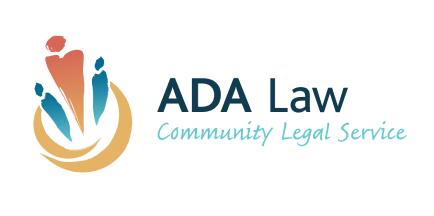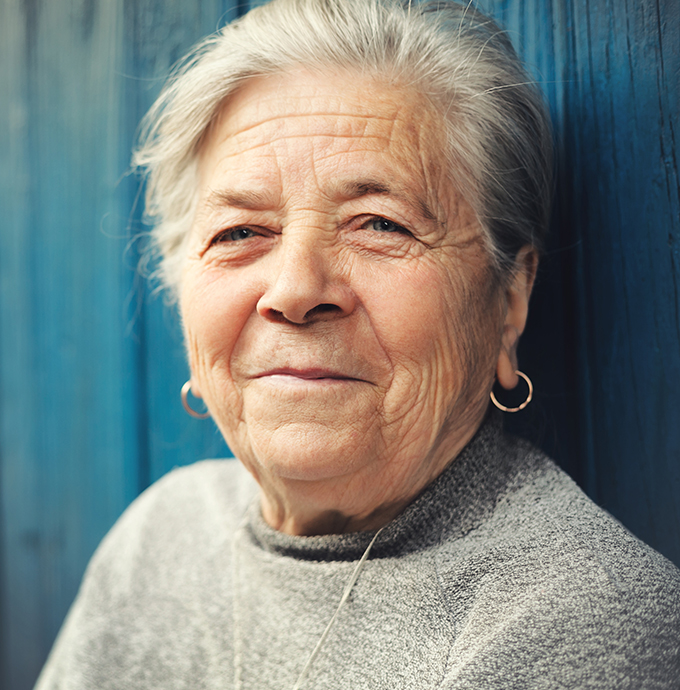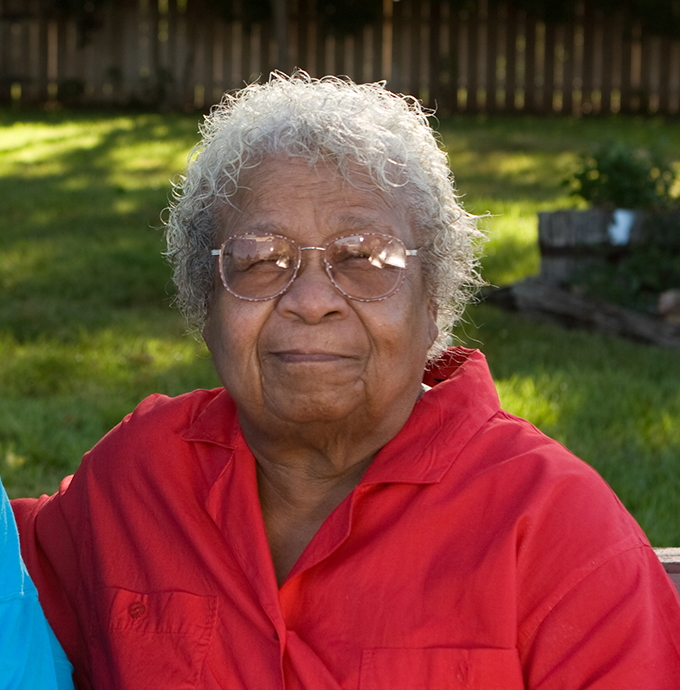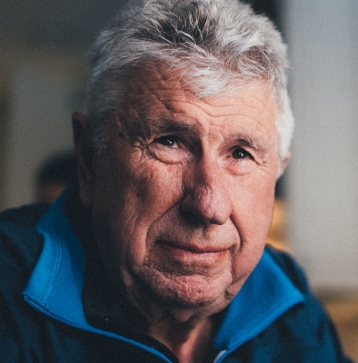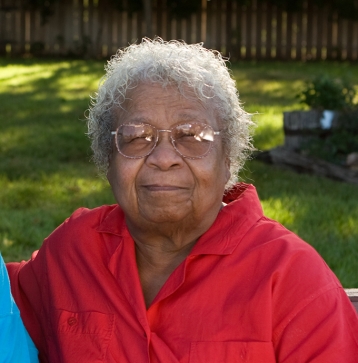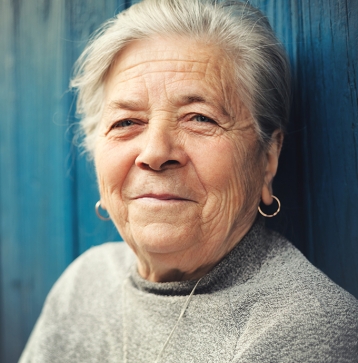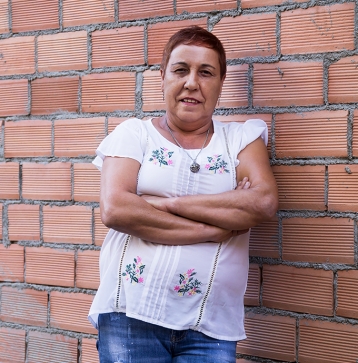Supporting Vulnerable People
Human Rights Advocacy and Legal Help
| WHAT WE PROVIDE | We provide individual legal help and advocacy for adults who are having their capacity questioned via a Queensland Civil and Administration Tribunal (QCAT) Guardianship or Administration application, or are subject to a QCAT Guardianship and Administration Order and are seeking a review of the Order. We provide legal and advocacy assistance to adults who require support to engage with their attorneys under an Enduring Power of Attorney, and decision-makers appointed by QCAT. We assist adults with questionable or impaired capacity who are wishing to review or revoke their Enduring Powers of Attorney and Advance Health Directives. |
| Eligible clients | Eligible clients for this service are:
This service offers support to individuals in the South East Queensland areas from Bundaberg to Toowoomba, and down to the Gold Coast. We may also be able to offer support in other areas of Queensland on a limited case by case basis.  |
| we can help with | Our service helps people to protect their rights and be heard in the appointment of substituted decision makers. This may include help with:
|
| our service | Our advocacy service is:
|
| funding | ADA Australia’s Human Rights Advocacy service is funded under the Legal Assistance Strategy Fund, allocated by the Queensland Department of Justice and Attorney General. |
| we cannot help with | While we provide a range of services to our clients, ADA Australia’s Human Rights Advocacy Service is unable to assist with: Cases not involving a current scheduled QCAT hearing (see eligibility above)
|
| decision making – professional education | We also provide Understanding Decision Making Staff Training as a fee for service. These workshops provide comprehensive overviews of guardianship and administration matters, and Enduring Powers of Attorney for workers who support people with questionable, or impaired capacity. For more information go to Professional Education. |
